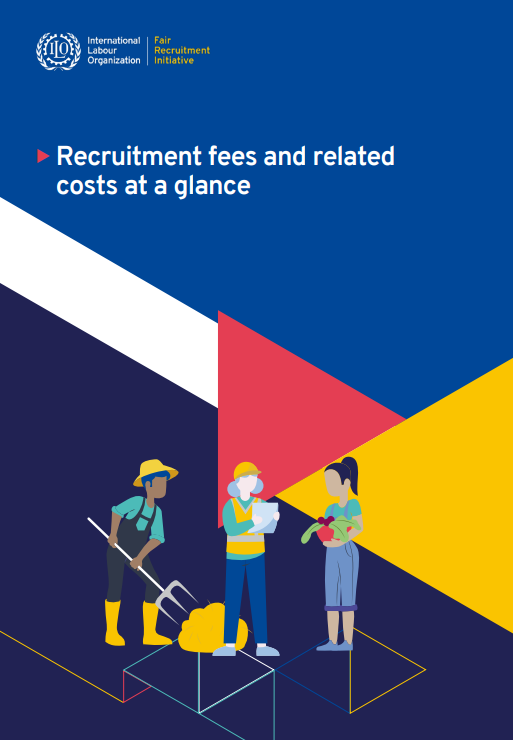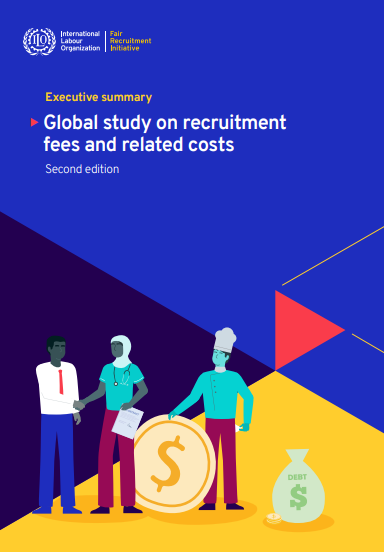10 Years of the Fair Recruitment Initiative: Milestones, Impact, and the Road Ahead
Discussion forum following the Fair Recruitment Initiative's 10-year anniversary webinar. Please feel free to continue the conversation here by posting questions and engaging with others./
Forum de discussion faisant suite au webinaire organisé à l'occasion du 10e anniversaire de l'initiative pour un recrutement équitable. N'hésitez pas à poursuivre la conversation en posant des questions et en échangeant des points de vue avec les autres participants./
Discussion forum following the Fair Recruitment Initiative's 10-year anniversary webinar. Please feel free to continue the conversation here by posting questions and engaging with others./
Forum de discussion faisant suite au webinaire organisé à l'occasion du 10e anniversaire de l'initiative pour un recrutement équitable. N'hésitez pas à poursuivre la conversation en posant des questions et en échangeant des points de vue avec les autres participants./
A free course on measuring migrant recruitment costs for SDG indicator 10.7.1
Posted at September 24th 2024 12:00 AM | Updated as of September 24th 2024 12:00 AM
Region/Country :
|Themes : , ,
Innovative teaching material on fair recruitment for business schools
Posted at September 24th 2024 12:00 AM | Updated as of September 24th 2024 12:00 AM
Region/Country :
|Themes :
ILO launches the 10th edition of the Global Media Competition on Labour Migration
Posted at September 10th 2024 12:00 AM | Updated as of September 10th 2024 12:00 AM
Region/Country :
|Themes : , ,
National consultation on strengthening labour migration governance through fair recruitment in Ghana: Developing a national roadmap
Posted at September 6th 2024 12:00 AM | Updated as of September 6th 2024 12:00 AM
Region/Country : ,
|Themes : ,
GALAB Project Collaborates with Ghana Trade Union Congress to Combat Child and Forced Labour
Posted at August 8th 2024 12:00 AM | Updated as of August 8th 2024 12:00 AM
Region/Country : ,
|Themes : , ,


